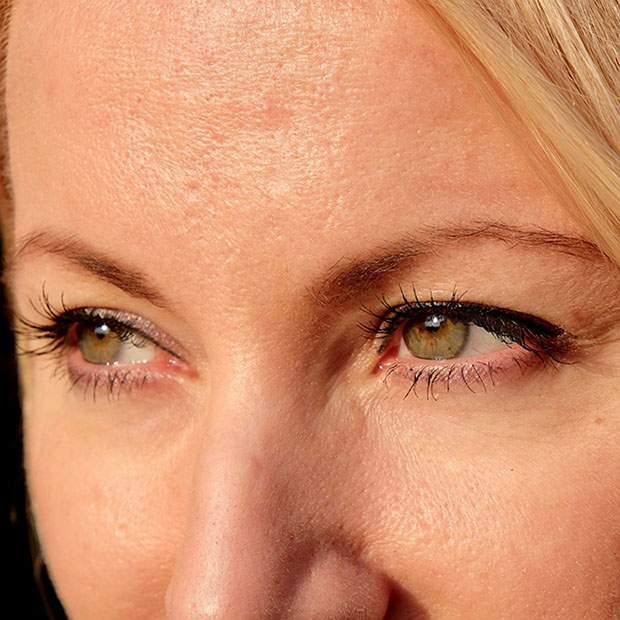
We all know there are differences between men and women, but it might surprise you that some of those differences have to do with our eyes!
In general, women are less likely than men to sustain an eye injury during their lifetime, but the unfortunate tradeoff is being more susceptible to various eye diseases.
Women And Eye Diseases
Women tend to need glasses more often than men, and they are more prone to developing chronic dry eye. If you’re struggling with symptoms like blurred vision, irritation, pain, and redness in your eyes, it could be dry eye. Eye drops help in the short term, but if it doesn’t go away, it’s time to schedule an eye appointment.
Two serious, sight-threatening conditions that more women are diagnosed with than men are glaucoma (vision loss from damage to the optic nerve over time) age-related macular degeneration (causes the gradual loss of central vision). Don’t get too worried, though; the reason for this is simply that women tend to live longer than men, and the best way to fight these diseases is early detection through regular eye exams.
Risk Factors For Eye Disease
A few eye disease risk factors associated with being a woman include pregnancy, birth control, and menopause because all three cause a lot of changes in hormone levels. The likelihood of dry eye becomes much higher in these circumstances, and birth control may increase the likelihood of cataracts.
Being a woman is a risk factor no one can control, and another is age, but there are ones that we can do something about. The most important is neglect. In the hustle and bustle of making sure the rest of the family gets all the appointments they need, many women forget that their own health needs attention too. Don’t forget to schedule your own eye exams!
The Female Gaze
After all this talk about eye diseases, we want to switch gears to something more fun: the differences in how male and female eyes actually see! Studies have shown that women are better at distinguishing subtle differences in color, while men are better at tracking movement. Just think — there might actually be a biological reason behind all those married couples arguing over paint swatches!
What Your Optometrist Can Do
As eye health professionals, we encourage all our patients to be proactive in looking after the health of their eyes. Some important things we can all do is eat nutritious foods, avoid smoking, and schedule those regular eye exams. However, if you’re noticing any changes in your vision, don’t wait months for that regular appointment to come around. Give us a call today!







